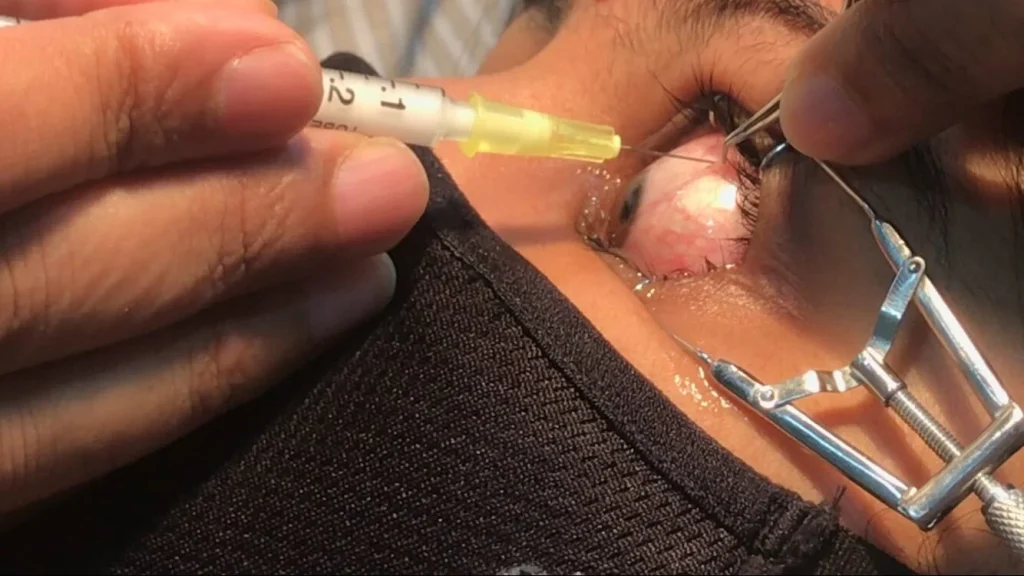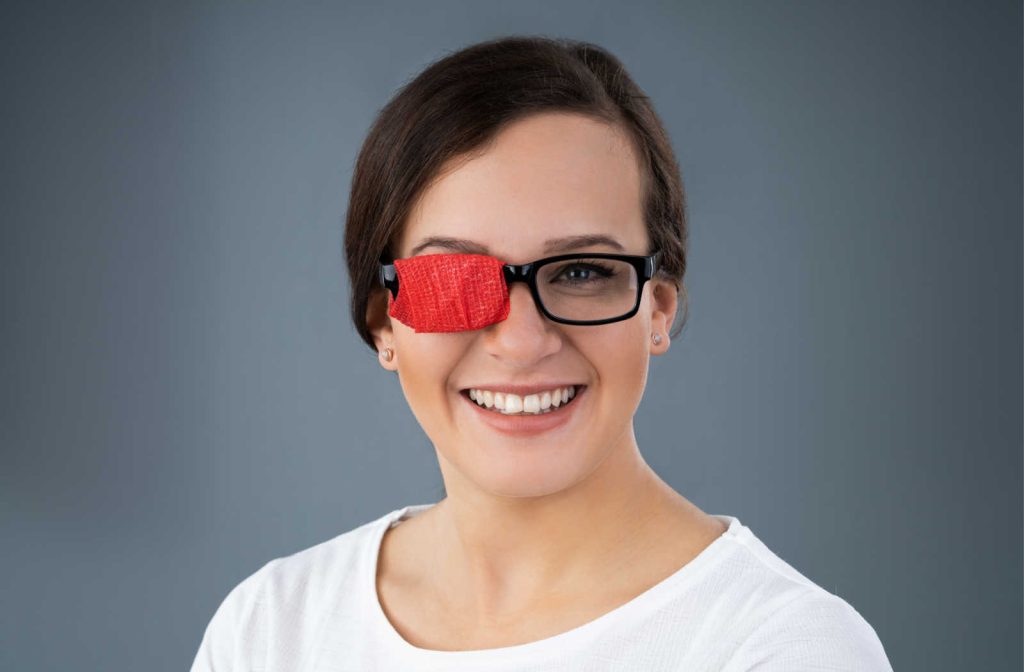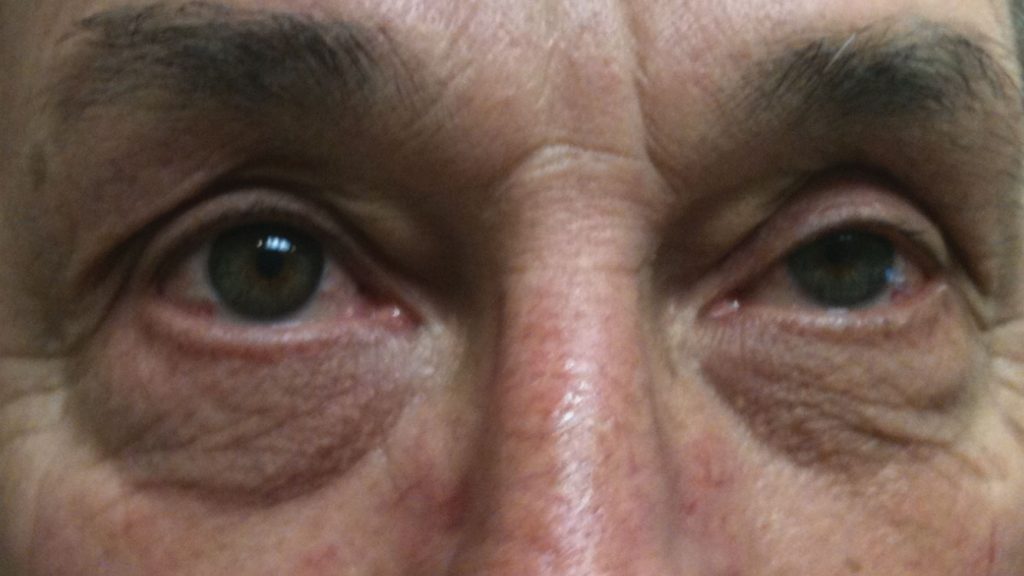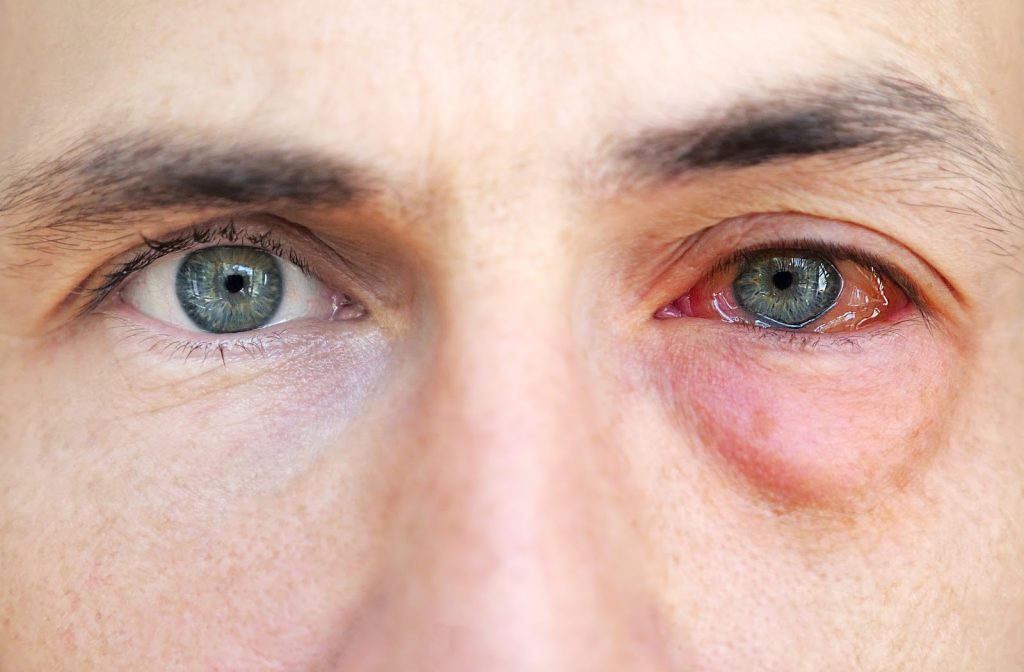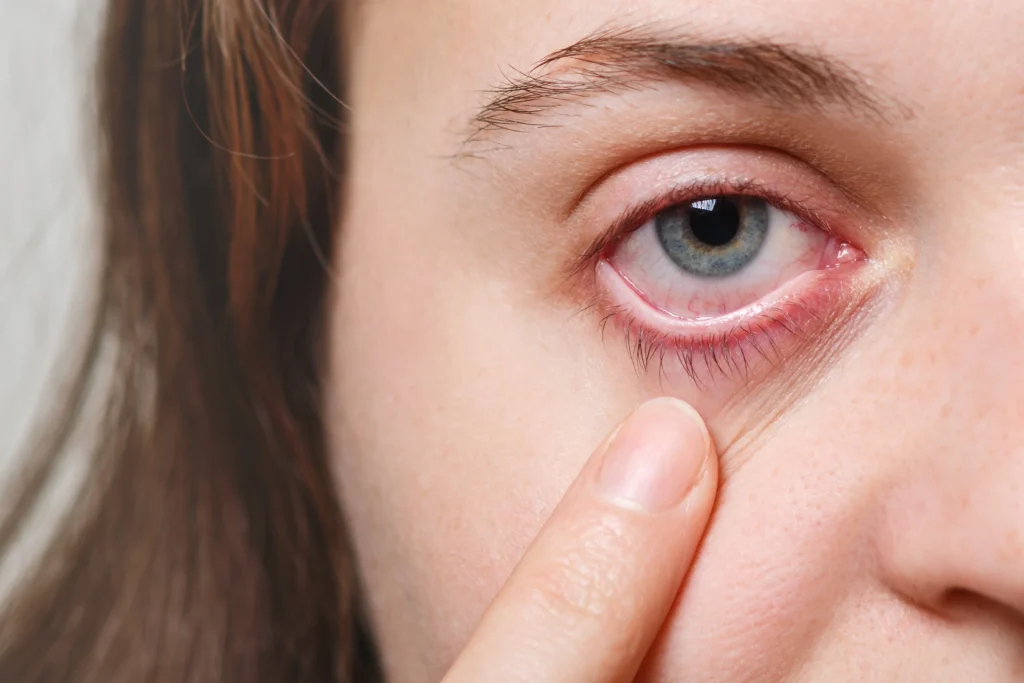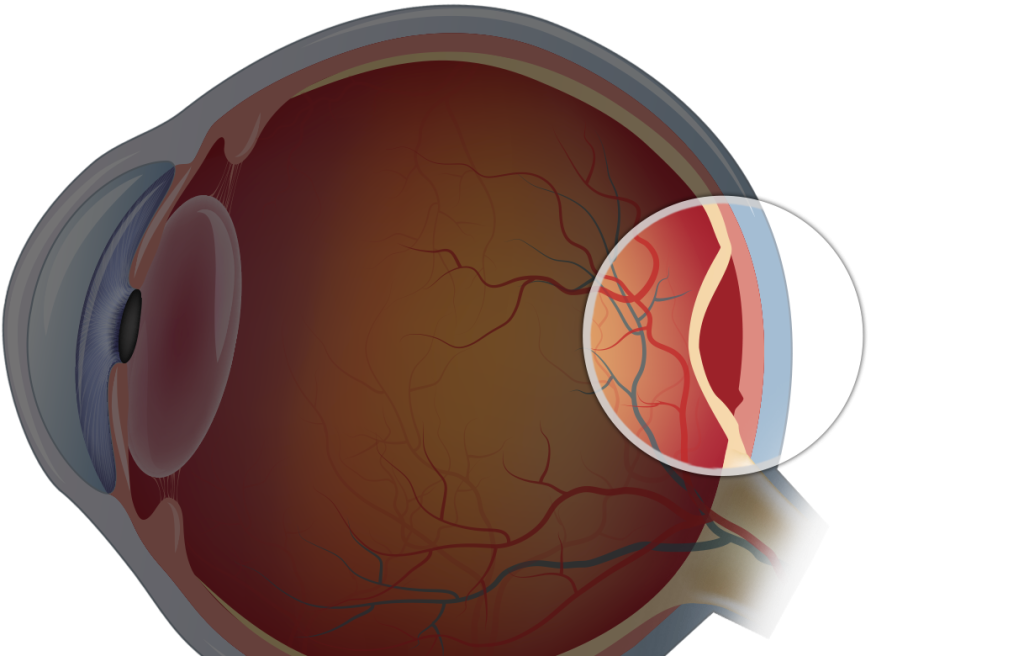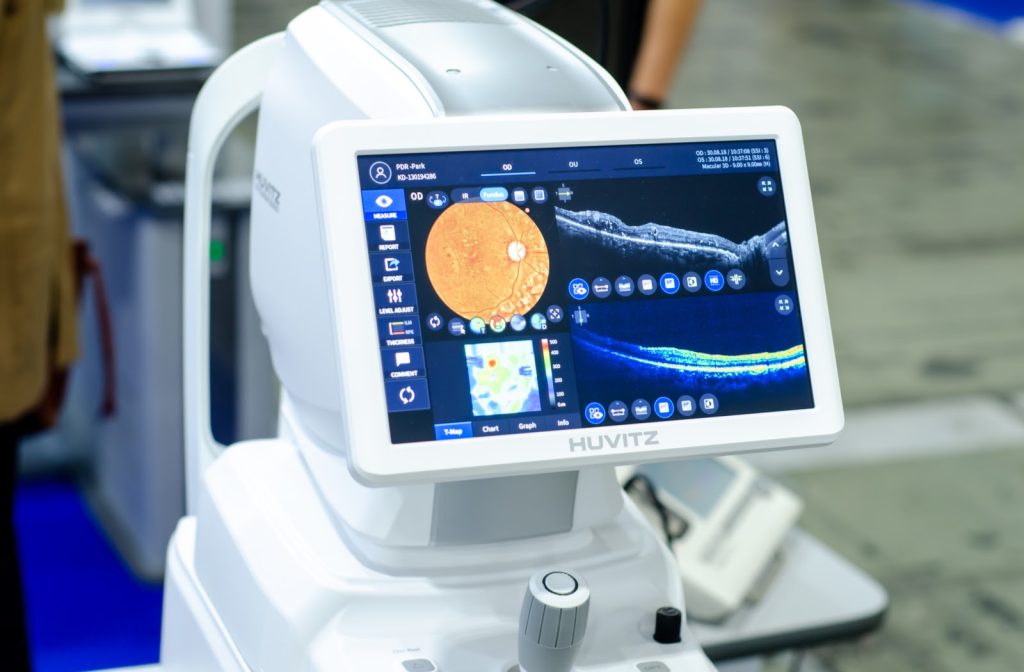Information about Ophthalmologist
Becoming an ophthalmologist is a fulfilling journey full of challenges and triumphs. As someone who is extremely passionate about eye health, I want to share what makes this profession so important to our wellbeing. Let’s explore the various aspects of being an ophthalmologist and why our work is essential.
Comprehensive Eye Exams
Conducting comprehensive eye exams is a cornerstone of my practice. These exams are vital because they help detect eye conditions early. During an eye exam, I assess vision and check for diseases like glaucoma, cataracts, and macular degeneration. These conditions can develop silently, so regular check-ups are crucial. I often tell my patients that prevention is better than cure, and catching issues early can make all the difference.
The Training of a Prosthodontist
Performing eye surgeries is one of the most impactful aspects of my job. Whether it’s cataract surgery, LASIK, or more complex procedures like retinal surgeries, these interventions can restore or significantly improve vision. The precision required in these surgeries is immense, and I always strive to ensure the best possible outcome for my patients. For instance, cataract surgery involves removing the clouded lens and replacing it with an artificial one, which significantly enhances vision.
Treatment of Eye Diseases
Treating eye diseases is another critical aspect of my role. Conditions such as diabetic retinopathy, age-related macular degeneration and glaucoma require specialized treatment plans. Diabetic retinopathy, for example, is a complication of diabetes that affects the eyes. Managing blood glucose levels and undergoing regular eye checks are essential to prevent vision loss. According to the American Academy of Ophthalmology, early detection and treatment can prevent most vision loss from diabetes.
Prescribing
Medications
Medicines are often the first line of defense against eye diseases. As an ophthalmologist, I prescribe eye drops that help lower intraocular pressure for conditions such as glaucoma. I may also prescribe oral medications or ointments, depending on the specific condition. Proper adherence to these medications is vital for effective treatment. I always make sure my patients understand their medication regimen to avoid complications.
Eye Health Education
Educating patients about eye health is a priority for me. Many people are unaware of the importance of regular eye exams and the impact of systemic conditions such as diabetes on vision. By educating patients, I empower them to take proactive steps to protect their eye health. For example, explaining the risks of prolonged screen time and the importance of protective eyewear can significantly reduce the risk of eye strain and injury.
Pediatric Eye Care
Children’s eye health is another area where ophthalmologists make a significant impact. Early detection and treatment of conditions such as strabismus (crossed eyes) and amblyopia (lazy eye) can prevent long-term vision problems. I find it incredibly rewarding to help young patients see better, which can improve their overall quality of life. It is truly heartwarming to see a child’s world brightened by better vision.
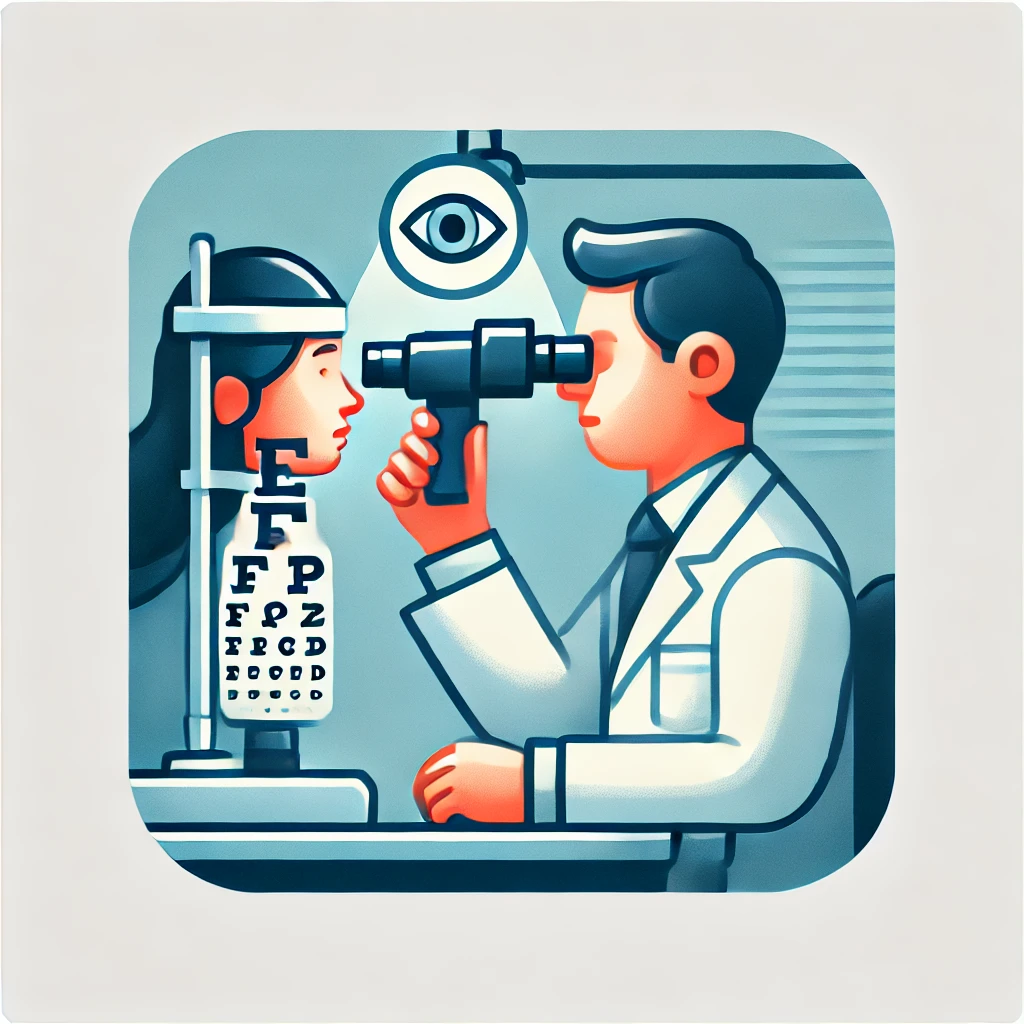
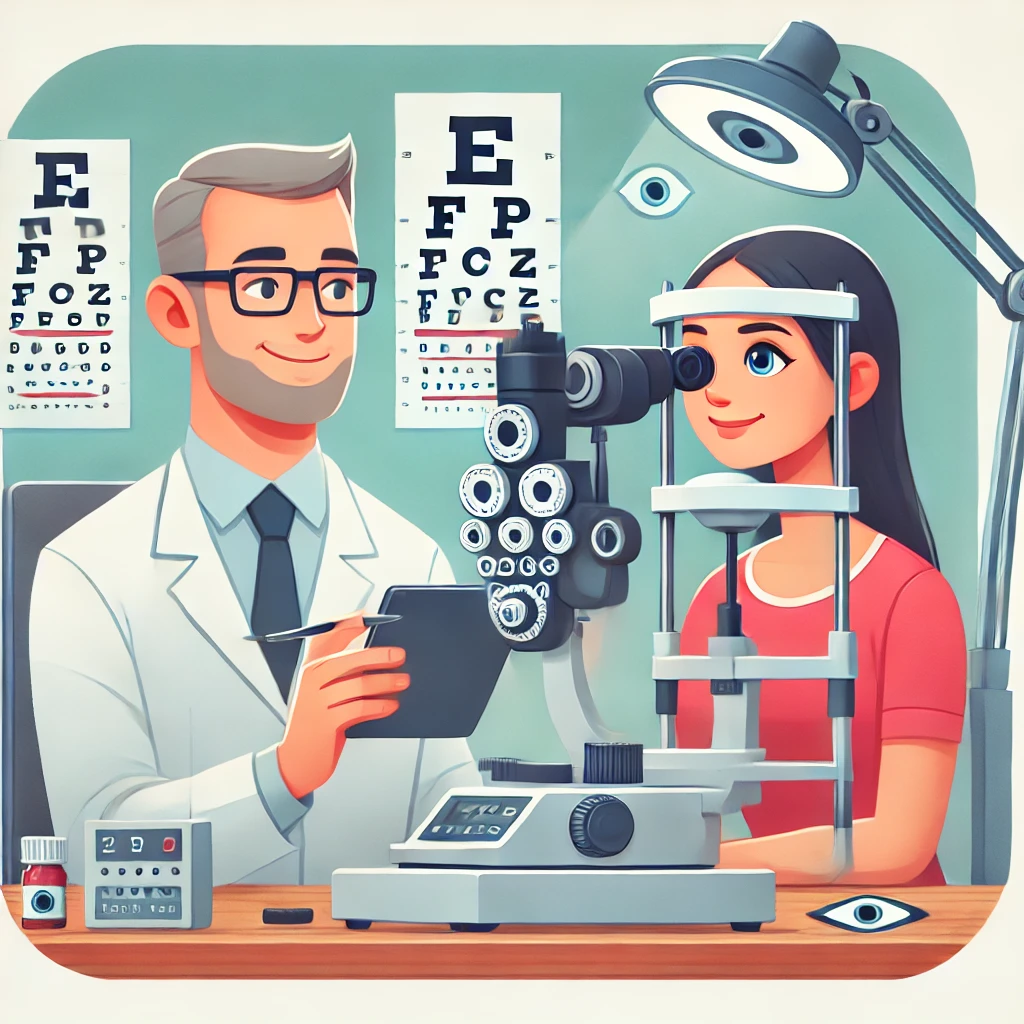
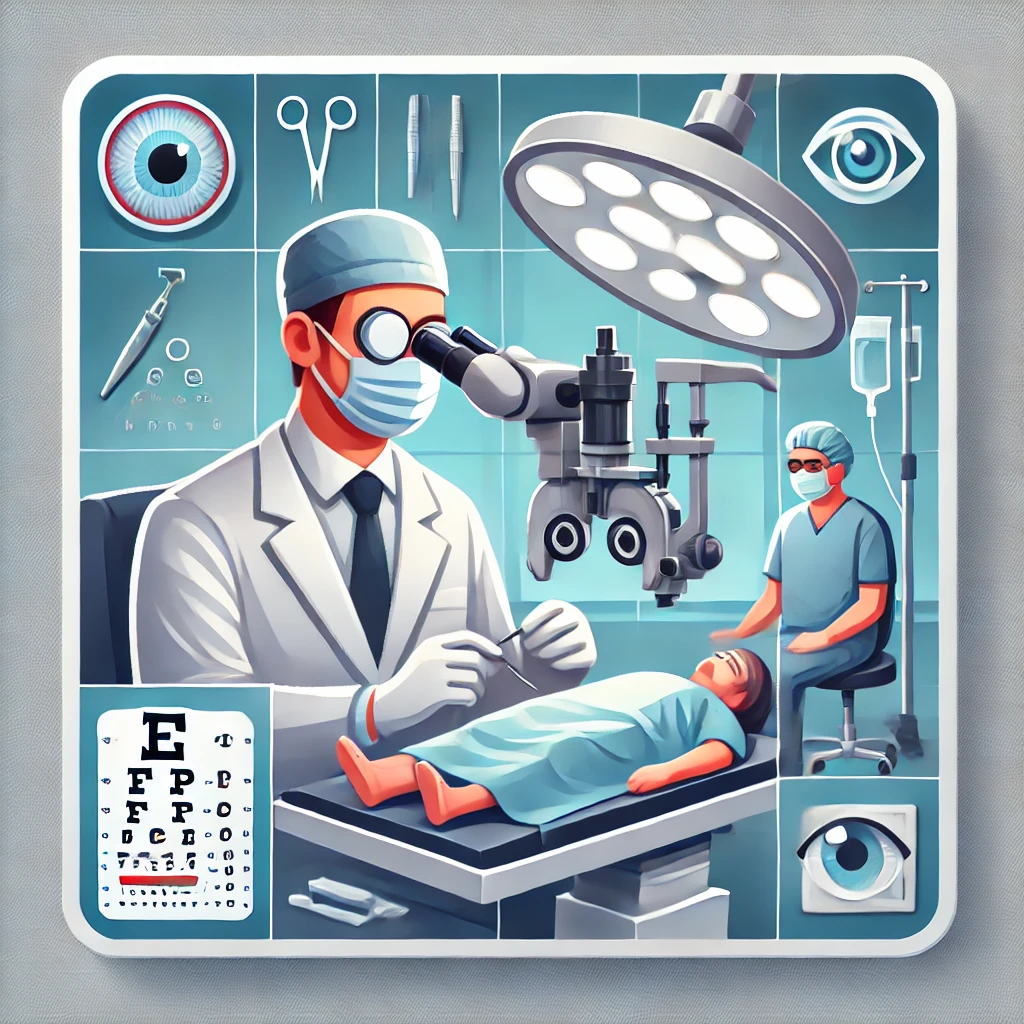
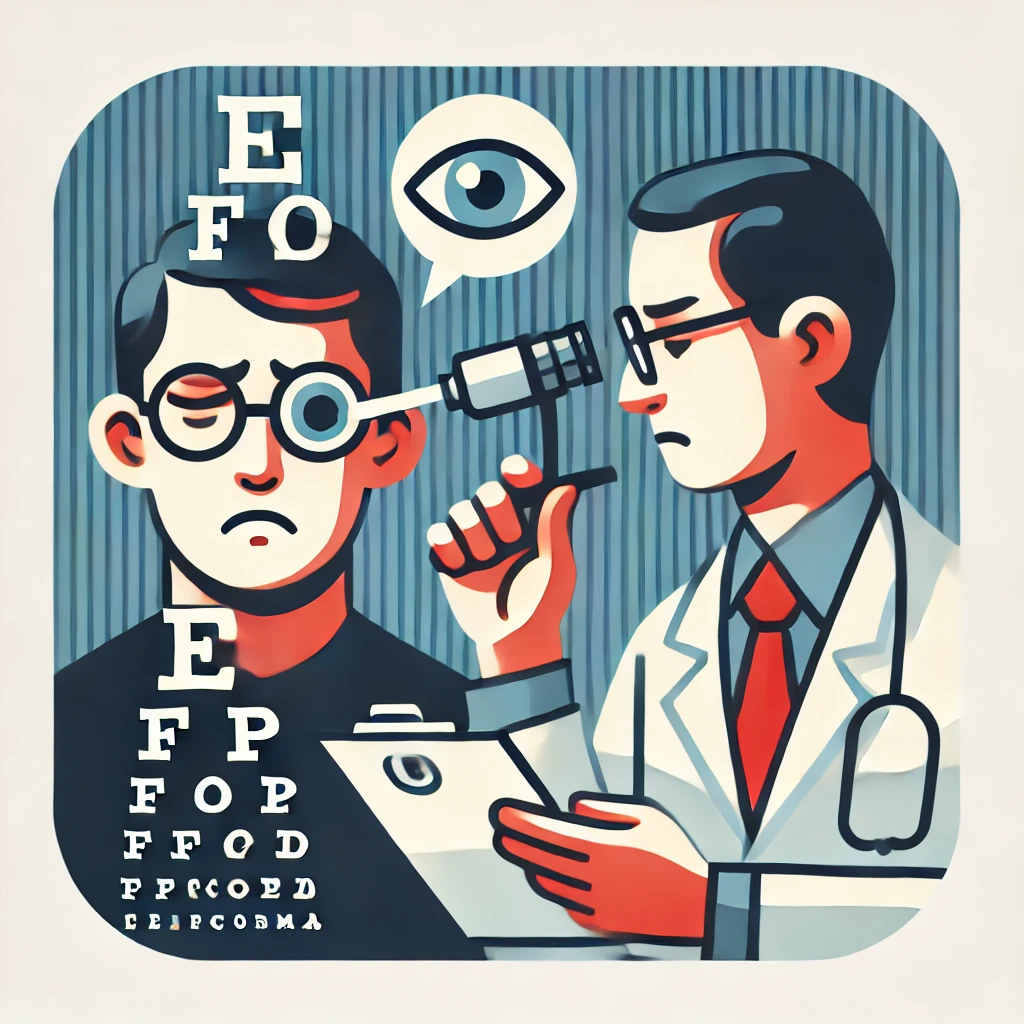
Research and Advancements
Dental implants are one of the most popular solutions for missing teeth. These are artificial tooth roots placed into the jawbone, onto which replacement teeth are mounted. Implants provide a strong foundation for fixed or removable replacement teeth that are made to match your natural teeth. According to the American College of Prosthodontists, dental implants are a reliable and durable solution for tooth loss.
Vision
Rehabilitation
For patients with irreversible vision loss, vision rehabilitation services are crucial. These services help patients maximize their remaining vision and maintain their independence. I work closely with vision rehabilitation specialists to develop personalized plans that include the use of assistive devices and techniques to adapt to vision changes. It’s about enhancing the quality of life, even when perfect vision isn’t possible.
Blog
How Nutrition Shapes Long-Term Eye Health Safely
Vision feels effortless until small changes appear. Many people first notice eye fatigue during long screens hours. Others sense dryness, blurred focus, or slower visual adjustment. These signs often trigger[…]
Read moreWhat Are Eye Injections and When Are They Needed?
Eye injections may sound intimidating at first, yet they often serve as essential tools that protect vision and slow disease progression, helping patients maintain daily independence while addressing conditions that[…]
Read moreWhat Is a Lazy Eye and How Is It Treated?
Lazy eye develops when the brain favors one eye over the other, and this imbalance affects visual clarity, depth perception, and long-term eye coordination even when the affected eye appears[…]
Read moreWhat Is Double Vision and What Causes It?
Double vision can appear suddenly and create confusion because objects seem duplicated even when the eyes try to focus normally, and this unexpected change encourages many people to seek quick[…]
Read moreHow to Protect Your Eyes in Allergy Season
Have you ever stepped outside and felt an instant burn around your eyelids? That surge is the surface reacting to pollen and airborne irritants. Your immune system releases histamine, which[…]
Read moreDry Eyes Explained: Symptoms, Causes, and Relief Tips
The pervasive and often debilitating condition known as Dry Eye Disease (DED) is far more complicated than a simple lack of moisture. It represents a loss of homeostasis of the[…]
Read moreEye Floaters: When to Be Concerned About Your Vision
The sudden appearance of small, moving shadows in the field of vision, known as eye floaters or myodesopsias, is an experience that many individuals encounter, particularly as they progress through[…]
Read moreUnderstanding Retinal Detachment and Its Warning Signs
The retina, that remarkably thin layer of specialized neural tissue lining the back inner wall of the eye, functions as the crucial image sensor, converting incoming light into electrical impulses[…]
Read moreUnderstanding Optical Coherence Tomography (OCT)
The diagnostic world of modern medicine has been radically altered by the advent of Optical Coherence Tomography (OCT), a technology that offers a noninvasive window into the microscopic architecture of[…]
Read more

